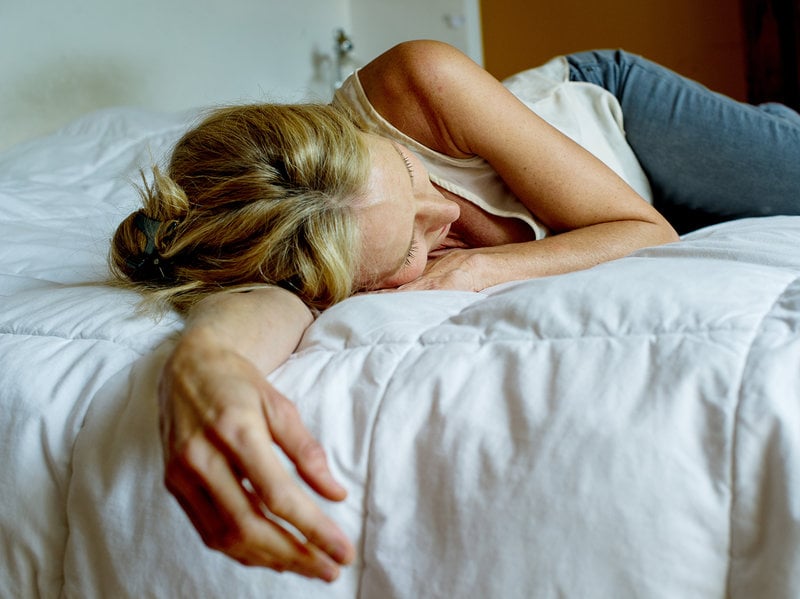Until recently, experts believed that anxiety disorders were less common as people aged but, according to the Anxiety and Depression Association of America (ADAA), that is no longer accepted as true. There are many reasons why experts used to believe that anxiety decreased with age, including:
- Older people are more likely to emphasize physical symptoms over psychiatric-related ones
- Many older adults were raised in a time and place when any psychological issue, including anxiety, was stigmatized, so they may try to keep their anxiety a secret
- Older adults often have more medical conditions and take more prescriptions; because anxiety can have physical symptoms, such as headaches, back pain and rapid heartbeats, it can be challenging to distinguish physical problems from symptoms brought on by anxiety
- Some anxiety-related memory impairment may be being diagnosed as dementia in older adults
According to the National Institute of Health: Senior Health, approximately 15 percent of older adults are experiencing anxiety disorders in any given year. Women are more likely to experience them.
Types of Anxiety
Occasional anxiety is a part of life, but sometimes symptoms go beyond typical responses to anxiety-producing situations and develop into disorders. Three common types of anxiety disorders are the generalized anxiety disorder (GAD), social phobia and panic disorder. With GAD, people tend to worry about a wide spectrum of things, even when there is “little to no reason to worry about them. They are very anxious about just getting through the day. They think things will always go badly.” With social phobia, the person fears being judged or embarrassed and, in panic disorders, people can experience sudden terror attacks and an impending sense of doom.
Recognizing Anxiety Symptoms
ADAA provides a series of questions created to help recognize anxiety symptoms in older adults. These include asking if there is anything going on that is causing concern and whether the older adult has a hard time putting things out of mind. It can also help to identify when physical symptoms are being experienced. When, for example, does the person’s heart race? What is he or she thinking about when insomnia occurs?
A Harvard publication lists the following symptoms of anxiety:
- Restlessness
- Being easily fatigued
- Trouble concentrating
- Irritability
- Difficulty falling or staying asleep
Panic attacks may also occur, with rapid heartbeats, plus trouble breathing and excessive sweating.
Treatments and Therapies
If you recognize any of the typical signs and symptoms of anxiety in yourself, consult your doctor so he or she can diagnose the issue. Treatments include cognitive behavioral therapy (CBT) that helps you to clearly identify anxiety-triggering thoughts and then neutralize them. Medication can be prescribed to relieve symptoms, including anti-anxiety drugs, beta blockers and antidepressants. Doctors often prescribe these in lower doses for older adults as drug absorption and action often changes as people age. If you are prescribed medications, ask family members to help monitor you for signs of side effects.
Anti-anxiety drugs can help to manage symptoms of extreme worry and/or fear, while beta blockers can control physical symptoms such as rapid heartbeat as well as trembling. Antidepressants may also be prescribed, although they can take several weeks to have an effect and may temporarily increase symptoms of anxiety.
Lifestyle changes can also play a large part in how older adults can deal with anxiety. These include setting daily goals to accomplish as well as interacting with people at least weekly, perhaps through volunteering. Find ways to relax, which can include yoga and meditation, and address any concerns, perhaps by meeting with a financial planner or asking your doctor for strategies to help prevent falls. Avoid excessive drinking as this can contribute to anxiety.













